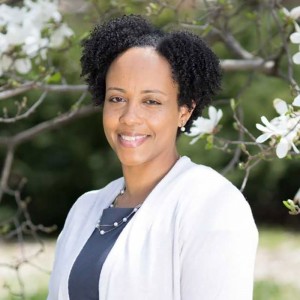By 2040, the US cancer survivor population aged 65 and over is expected to double in size, to over 19 million people. The state of Michigan has one of fastest aging populations in the country, due to low birth rates and the growing number of older adults who are aging-in-place. As a result, we can expect growth in the absolute number of diagnosed cases, and an increasing number of older cancer survivors who are expected to live many more years, but with a potentially altered trajectory of aging compared to the general cancer-free population. Population data are needed to identify how aging can best be addressed across the cancer control continuum. The University of Michigan (U-M) Rogel Cancer Center is ideally poised to leverage population data and build new, transdisciplinary collaborations with investigators across the multiple NIA-funded Aging Centers at U-M. Our long-term goal is to build a focus on aging into our mission to reduce cancer burden and improve cancer outcomes. Our current objective is to establish a transdisciplinary Rogel Cancer and Aging Initiative, by newly leveraging expertise and resources from NIA-funded aging studies and centers across U-M to catalyze new sustainable research programs and support early career development in cancer and aging. This is a priority of our center, as we aim to address the needs of our aging local and national populations. To oversee the Cancer and Aging Initiative, we have assembled an interdisciplinary Cancer and Aging Committee with expertise in aging and across the cancer control continuum. We aim to: 1) develop a transdisciplinary research agenda and collaborative network to address aging in cancer prevention and control, and, 2) provide data, financial, and collaborative infrastructure to support sustainable cancer and aging research at the Rogel Cancer Center. Objective 1) consists of a monthly Cancer and Aging Seminar Series, a two-day Transdisciplinary Cancer and Aging Retreat with research presentations and collaborative workshop sessions for selected participants who are members of the Rogel Cancer Center or an NIA-funded Aging Center at U-M. We will promote the US Health and Retirement Study (HRS) and its biobank and linked Medicare claim data, as it is an underutilized population data resource for cancer and aging research. New transdisciplinary teams formed during the retreat will meet bi-monthly in structured writing retreats to solidify collaborations and progress their work. In Objective 2), we will provide new research teams and Rogel Cancer Center investigators with resources for using HRS data, training for junior cancer center investigators to use the HRS data, data use fees for linked Medicare data, and, will facilitate access to research activities, pilot funds, conferences, and career development opportunities at the U-M Aging Centers for junior cancer center investigators. Ultimately, the proposed Rogel Cancer and Aging Initiative will create sustainable avenues for innovation by leveraging the unique depth of resources and expertise in both cancer and aging at U-M. New research programs that will emerge from this work are expected to address some of the most pressing challenges for cancer control posed by rapid population aging in the United States.

